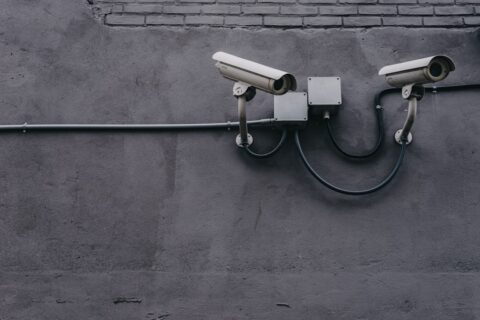If you’re interested in pursuing a career as an electrician, taking a domestic installer course is a great place to start. This course will give you the skills and knowledge you need to become a qualified electrician who can work on domestic installations.
But what exactly does a domestic installer course entail? And what can you expect to learn from it? In this article, we’ll dive into the details of this course and give you a sense of what you can expect.
Firstly, let’s define what a domestic installer is. A domestic installer is someone who works on electrical installations in residential properties. This could involve installing new lighting or power outlets, rewiring a room, or fixing faulty electrical systems.
To become a domestic installer, you’ll need to complete a course that covers the essential skills and knowledge required for this job. A domestic installer course typically covers topics such as electrical principles and concepts, wiring and testing, electrical safety, and regulations and standards.
Throughout the course, you’ll learn how to install and maintain electrical installations in a safe and professional manner. This involves understanding how to read electrical blueprints, working with power tools and other equipment, and following safety procedures to minimize the risk of electrocution or injury.
In addition, you’ll learn how to troubleshoot and diagnose problems with electrical systems, and how to repair or replace faulty components as needed. This could involve troubleshooting issues with circuits, fuses, and breakers, or fixing issues with lighting or appliances.
One of the benefits of taking a domestic installer course is that it will give you a recognized qualification that you can use to showcase your skills and expertise. This could be a requirement if you’re looking for employment as an electrician or if you’re planning to set up your own electrical business.
In addition, completing a domestic installer course can open up new opportunities for you to specialize in certain areas of electrical work. For example, you could choose to specialize in installing solar panels or other renewable energy systems, or you could focus on working with smart home technology.
So, what should you look for when choosing a domestic installer course? Firstly, you’ll want to ensure that the course is accredited by a reputable industry body, such as the National Inspection Council for Electrical Installation Contracting NICEIC.
You should also look for a course that offers a hands-on learning experience, as this will give you the opportunity to practice your skills in a real-world setting. Some courses may offer apprenticeships or work placements, which can give you valuable experience working with experienced electricians in the field.
Finally, you’ll want to look for a course that offers flexible learning options. This might include online learning modules, distance learning options, or evening and weekend classes that can fit around your schedule.
If you’re interested in becoming a skilled electrician who can work on domestic installations, taking a domestic installer course is a great place to start. This course will give you the skills and knowledge you need to become a qualified electrician, and open up new opportunities for you to specialize in certain areas of electrical work.










